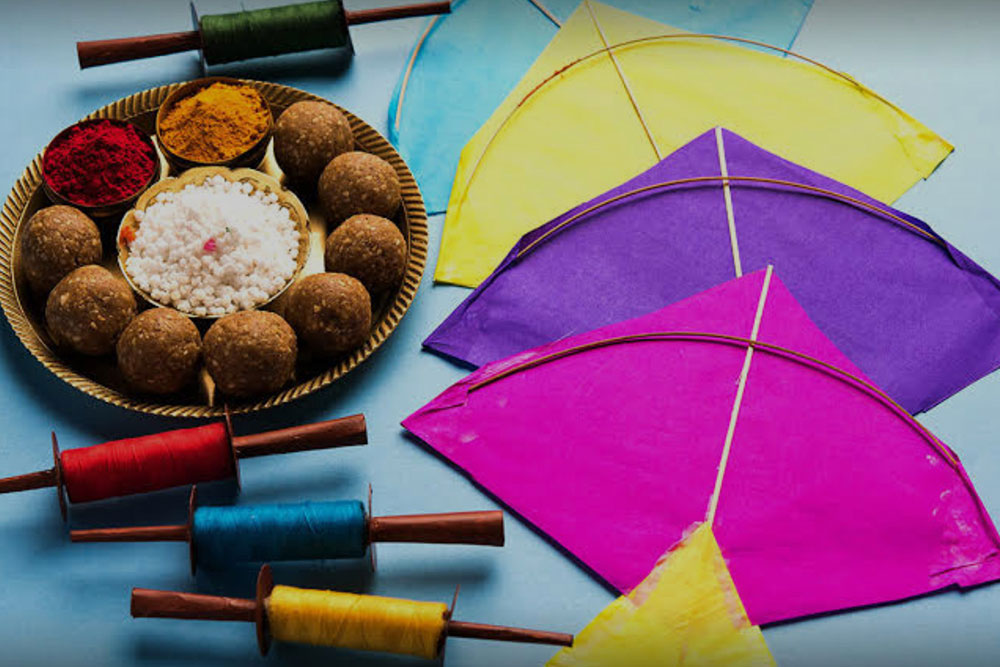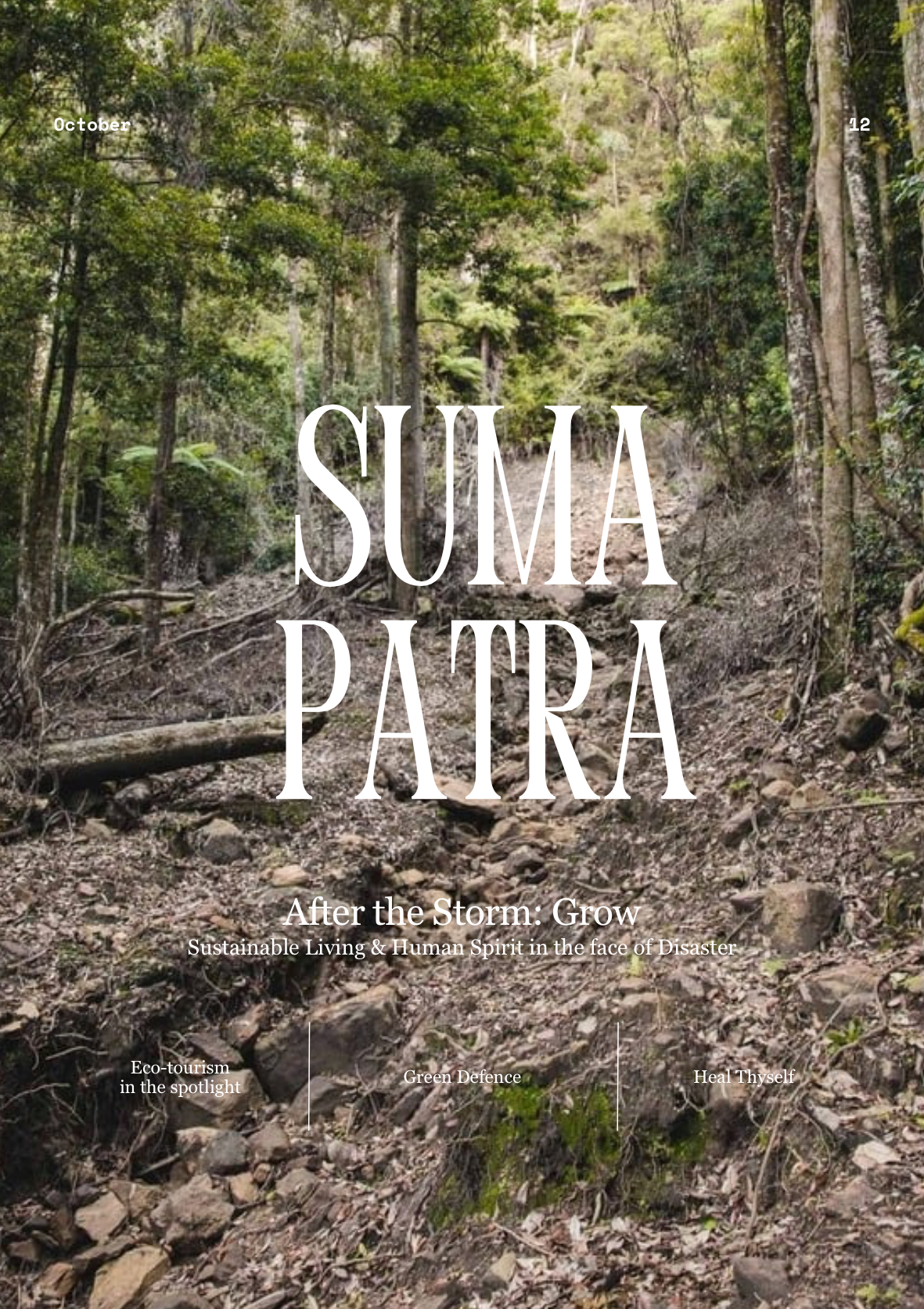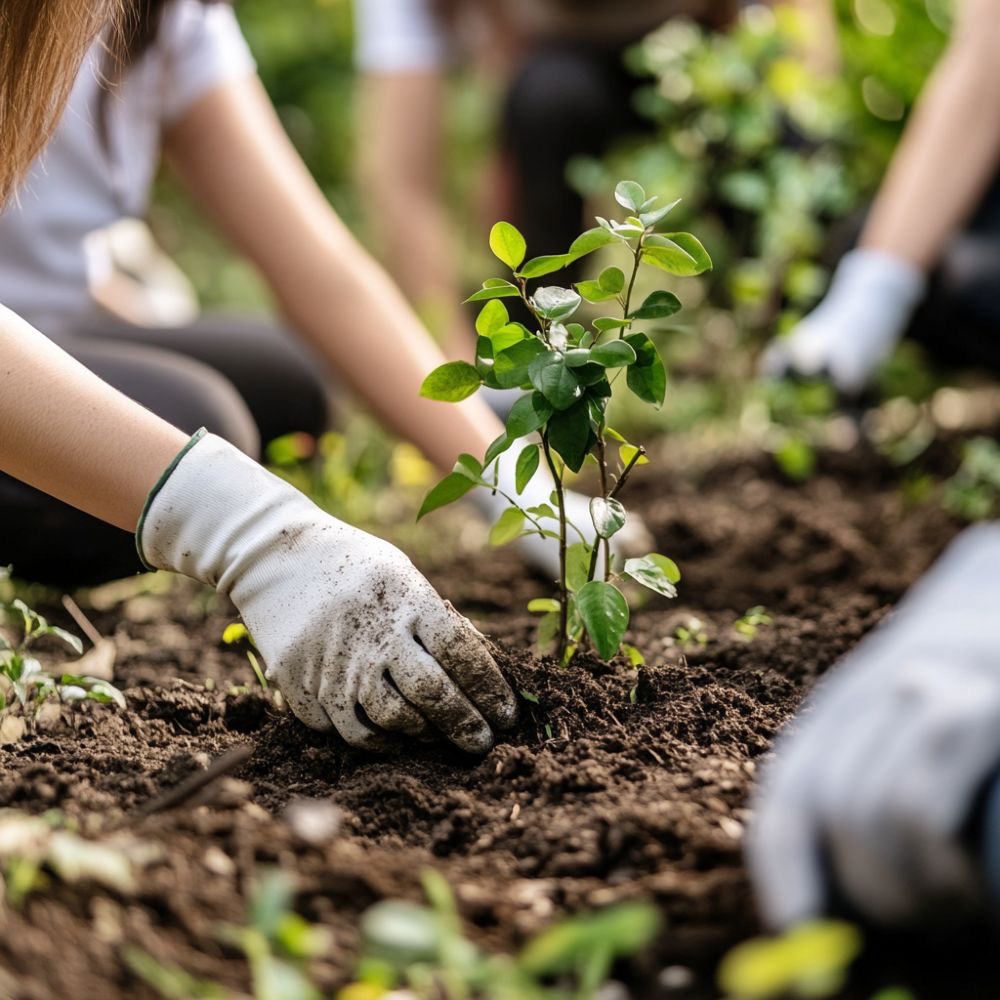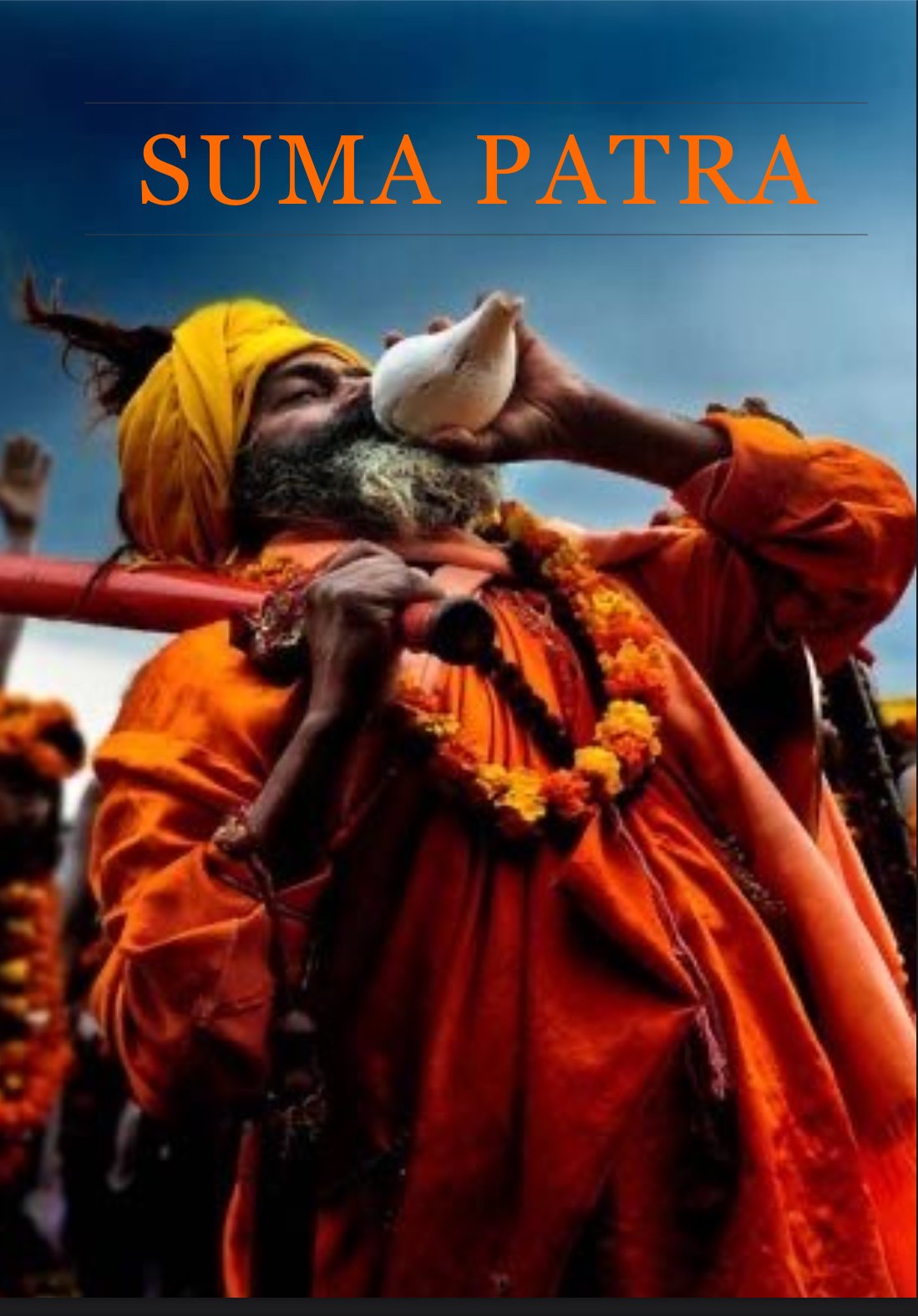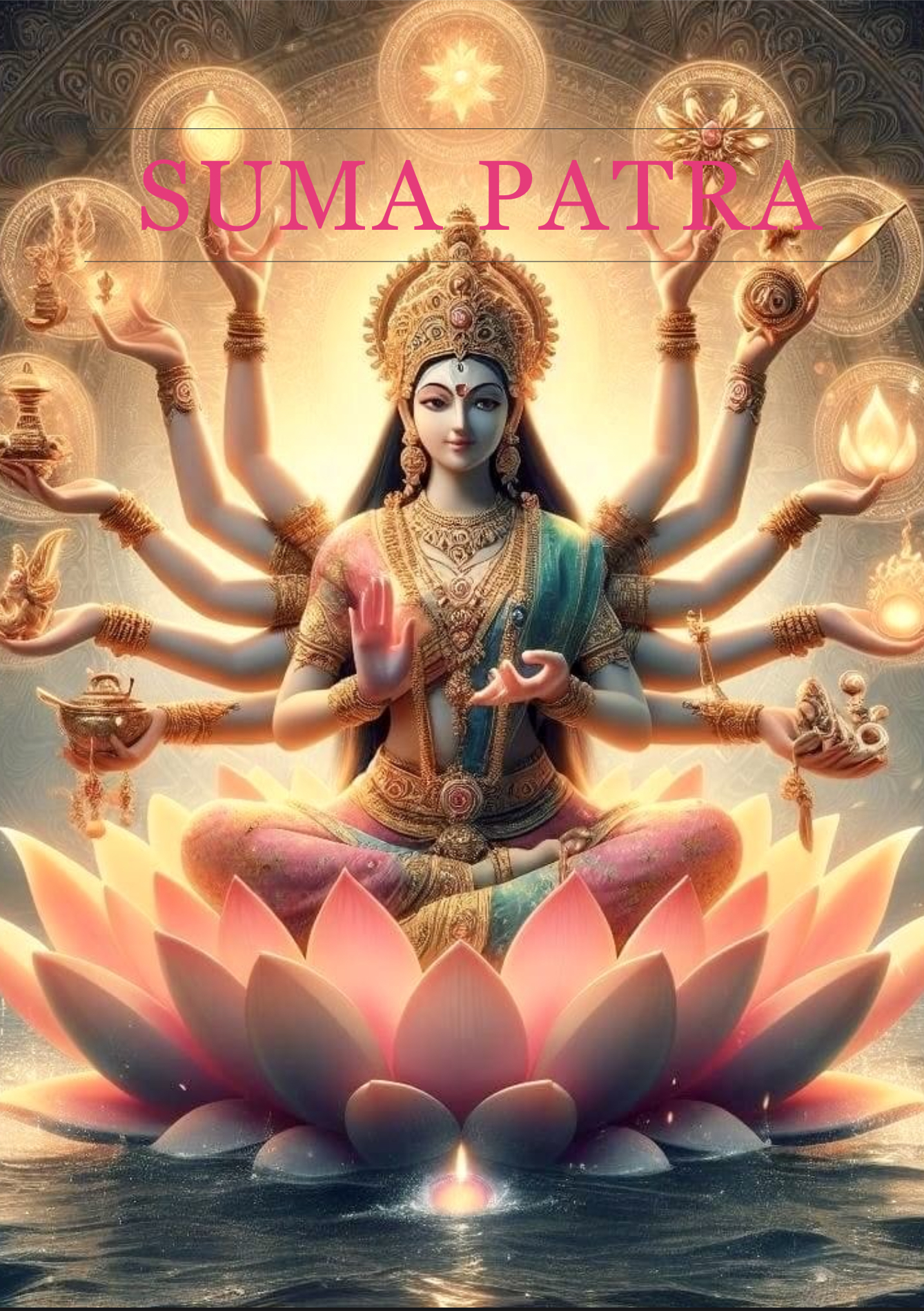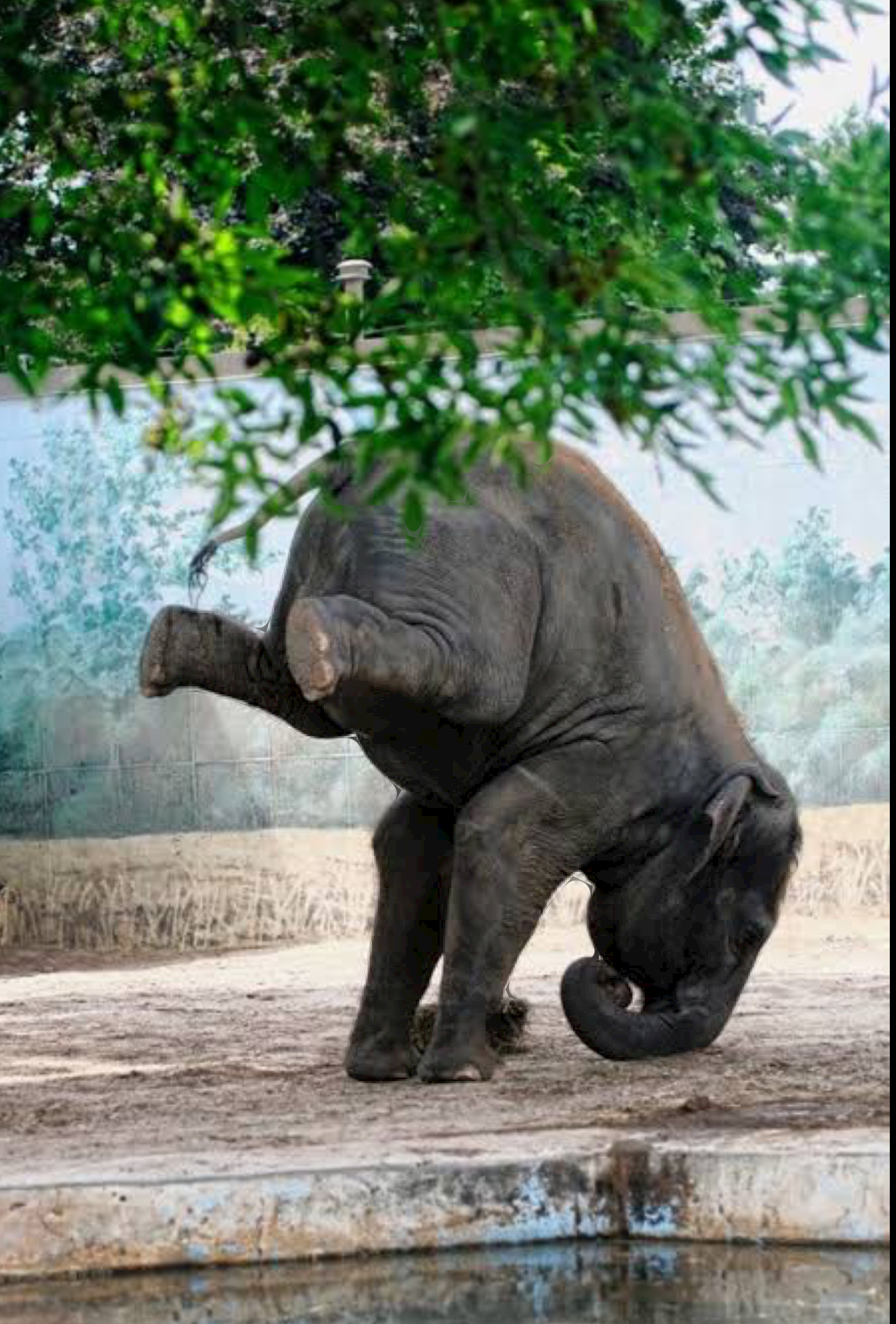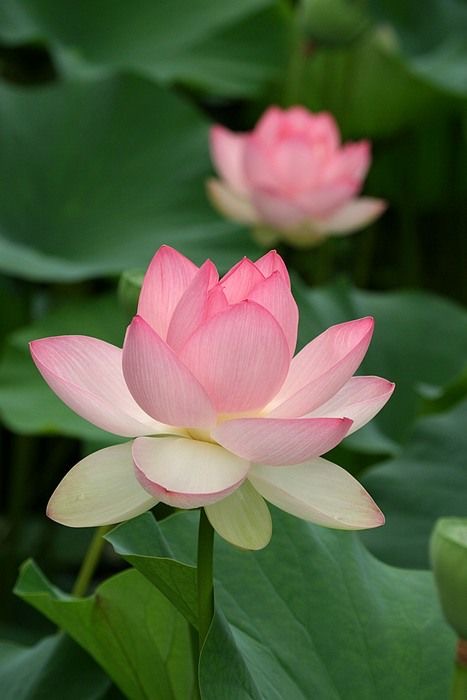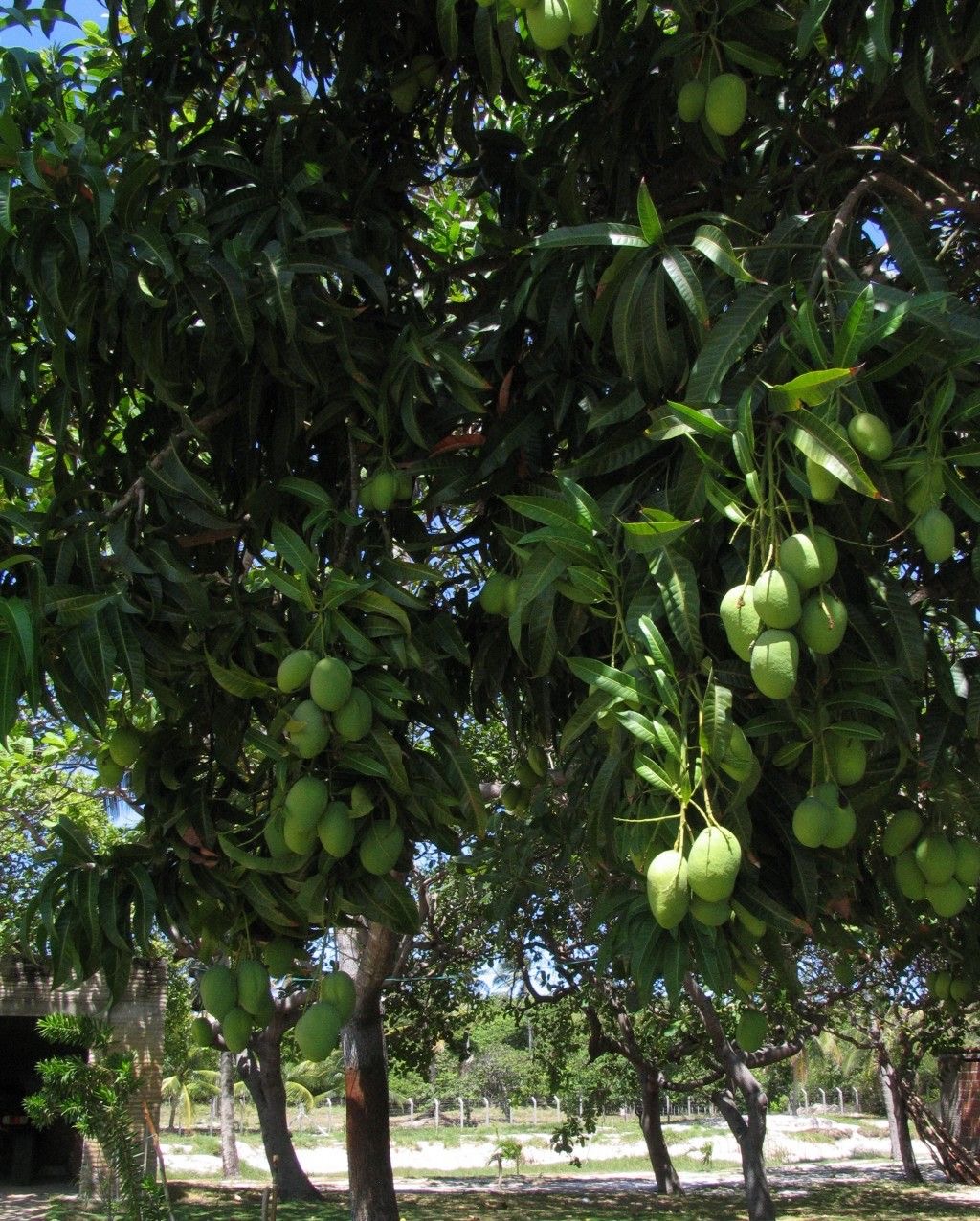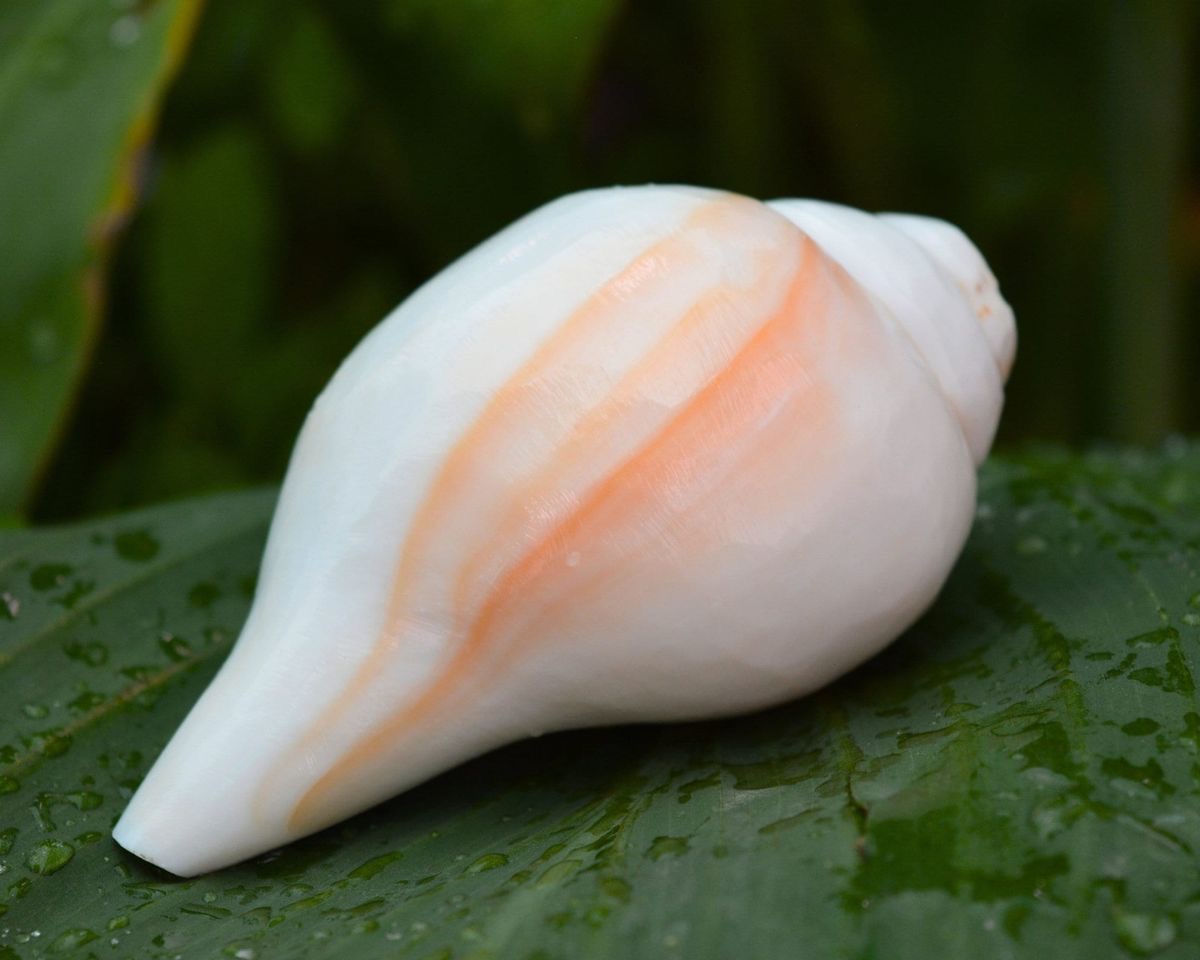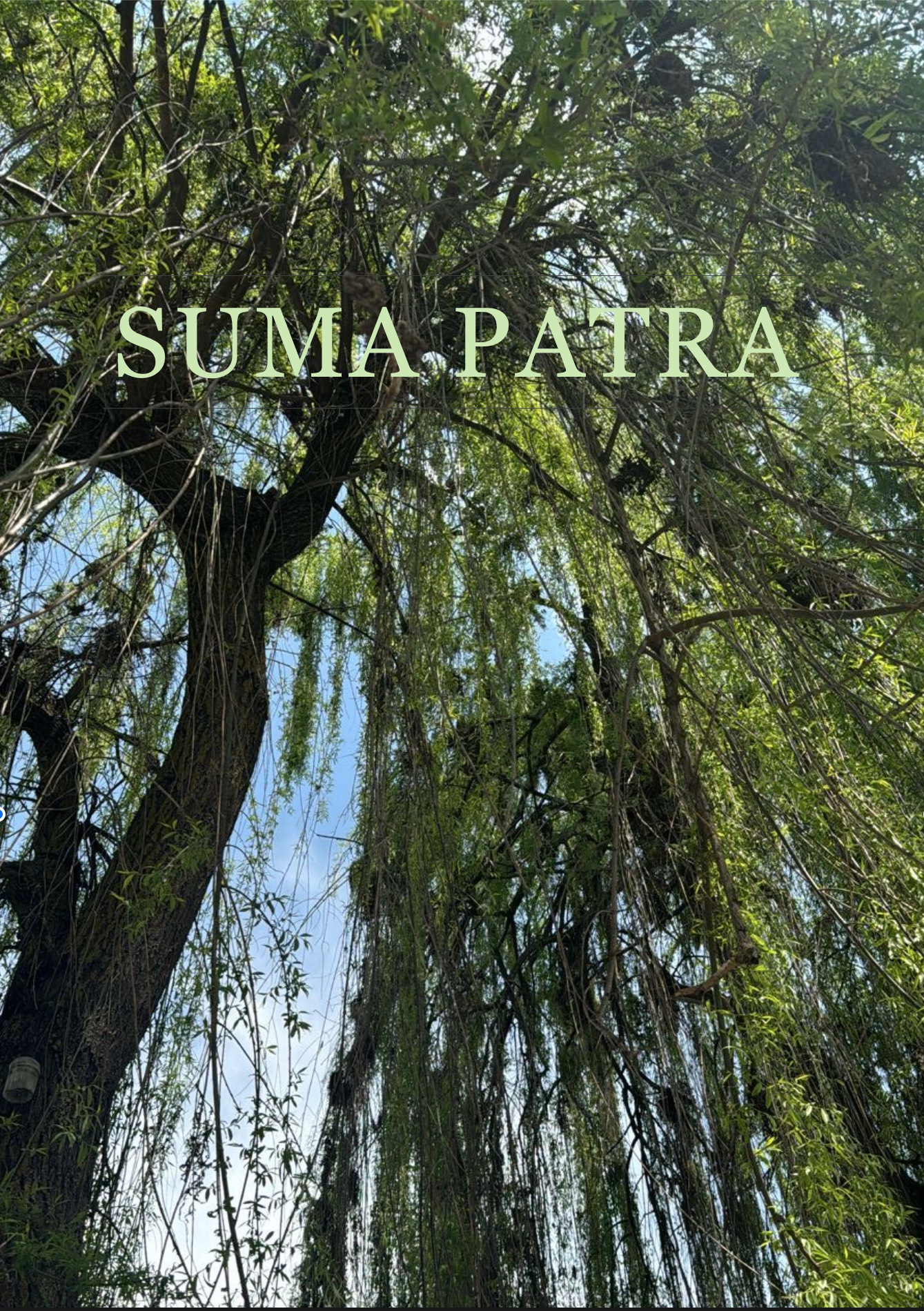Makar Sankranti is celebrated on the 14th of January every year and is dedicated to the Hindu Sun God Surya. The festival of Makar Sankranti marks the beginning of the harvest season when new crops are worshipped. The harvest festival heralds a change in season, as from this day, the Sun begins its movement from Dakshinayana (south) to Uttarayana (north) hemisphere. This significance of Surya is traceable to the Vedic texts, particularly in the Rig Veda.
Makara Sankranti is regarded for important spiritual practices such as people taking a holy dip in rivers especially Ganga, Yamuna, Godavari, Krishna, and Kaveri. Practicing austerity, giving a donation (daan) especially of food and grains is considered auspicious and bathing in holy rivers is believed to result in merit or absolution of past sins. They also pray to the sun and express gratitude for their successes and prosperity.
A shared cultural practice found among Hindus of various parts of India is making sticky, bound sweets particularly from sesame (til) and a sugar base such as Jaggery (gud, gur). This type of sweet is a symbolism for being together in peace and joyfulness, despite the uniqueness and differences between individuals. For most parts of India, this period is a part of the early stages of the Rabi crop and agricultural cycle, where crops have been sown and the hard work in the fields is mostly over. The time thus signifies a period of socializing and families enjoying each other’s company, taking care of the cattle, and celebrating around bonfires, in Maharashtra and Gujrat, the festival is celebrated by flying kites.
Makara Sankranti is an important pan-Indian solar festival, known by different names though observed on the same date, sometimes for multiple dates around the Makar Sankranti. It is known as Pedda Panduga in Andhra Pradesh, Makara Sankranti in Karnataka, Telangana, and Maharashtra, Pongal in Tamil Nadu, Magh Bihu in Assam, Magha Mela in parts of central and north India, as Makar Sankranti in the West, Maghara Valaku in Kerala, and by other names.

